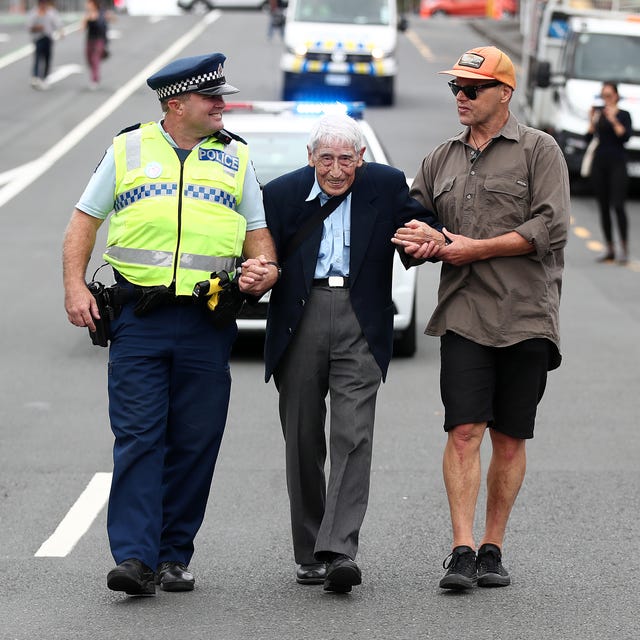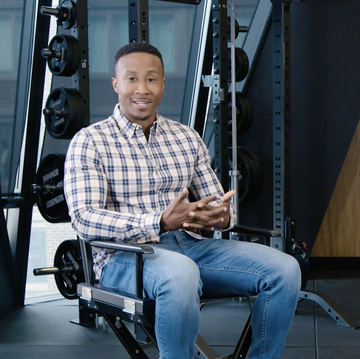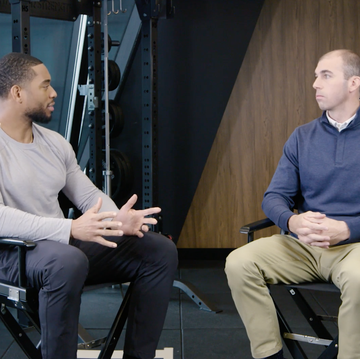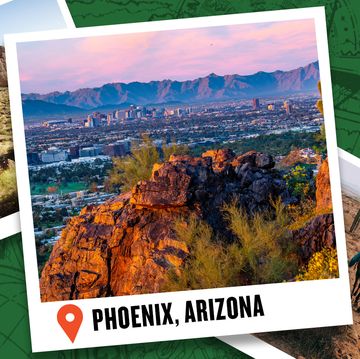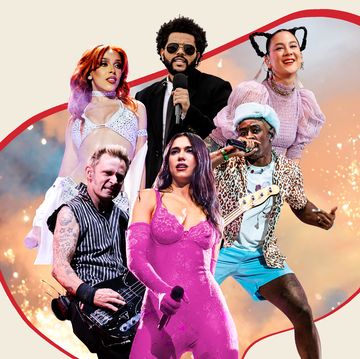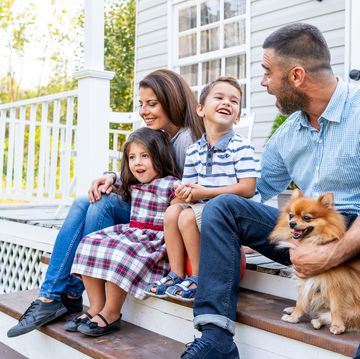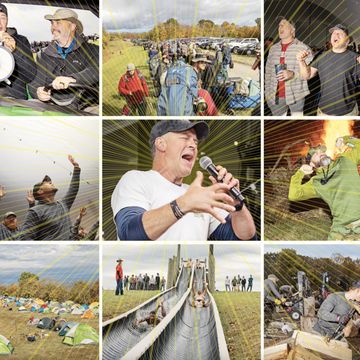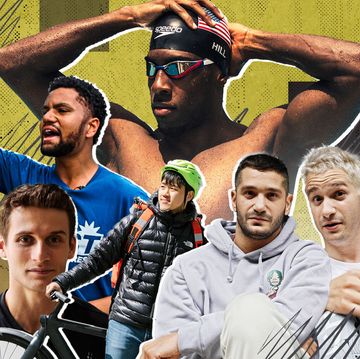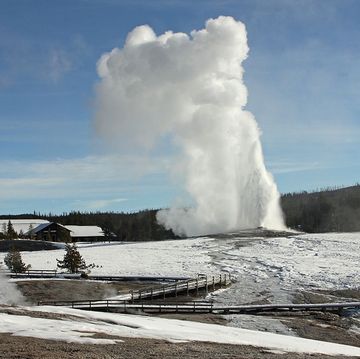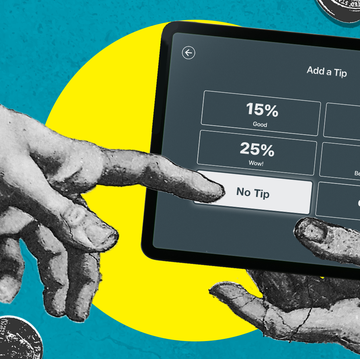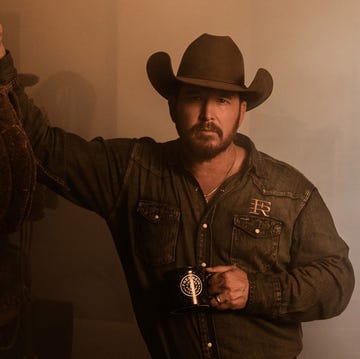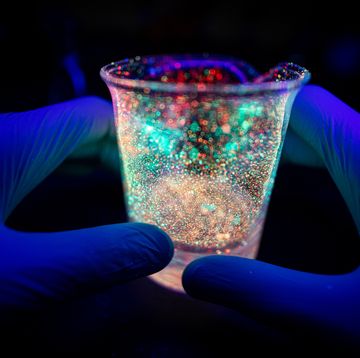After reading this, we hope that you might have a little more hope for humanity—because it certainly warmed our hearts.
You might recall that back in March 2019, two consecutive terrorist shooting attacks at mosques in Christchurch, New Zealand left at least 51 people dead and 49 injured—making them the deadliest mass shootings in modern New Zealand history.
But the story you might not have heard happened 11 days later. It was then that 95-year-old John Sato decided he wanted to participate in a Auckland march against racism to show his support for the Muslim community in the wake of the attacks. The only catch? It would require Sato to catch four buses to get there.
"I stayed awake quite a lot of the night and I didn't sleep too well ever since, you know. I thought it was so sad. You can feel the suffering of other people," he told Radio New Zealand on March 26.
Sato, who's of Scottish and Japanese decent, added that even though he was just one person, he believed it was important to show up—and for all of us to look at humans for who they are and not where they come from.
"It doesn't matter what their race or anything. People have suddenly realized we are all one. We care for each other," he said.
The 95-year-old said he visited a local mosque shortly after the attack—not knowing that would be the start of his long journey towards the racism march. But soon after, he was inspired to take a bus to a mosque in Pakuranga, and after that visit is when he decided he needed to go into the city for the march.
"Sitting on a bus is much more comfortable than walking," he said, downplaying his effort with a laugh. "You just sit back, and you sit all comfortable."
Sato revealed that once he arrived at the march, people gave him a hand to make his way, and an officer even made sure he got back home safely.
"A policeman took me all the way home and waited down there until he saw me get up the stairs," Sato said.
During his interview, Sato's made it clear that if there was one thing that came out of the Christchurch tragedy, it was showing how much people came together in a time of need—and how we need to continue to do so, no matter how sad it can be.
"It shows the best of humanity," he said. And we'd have to agree.
